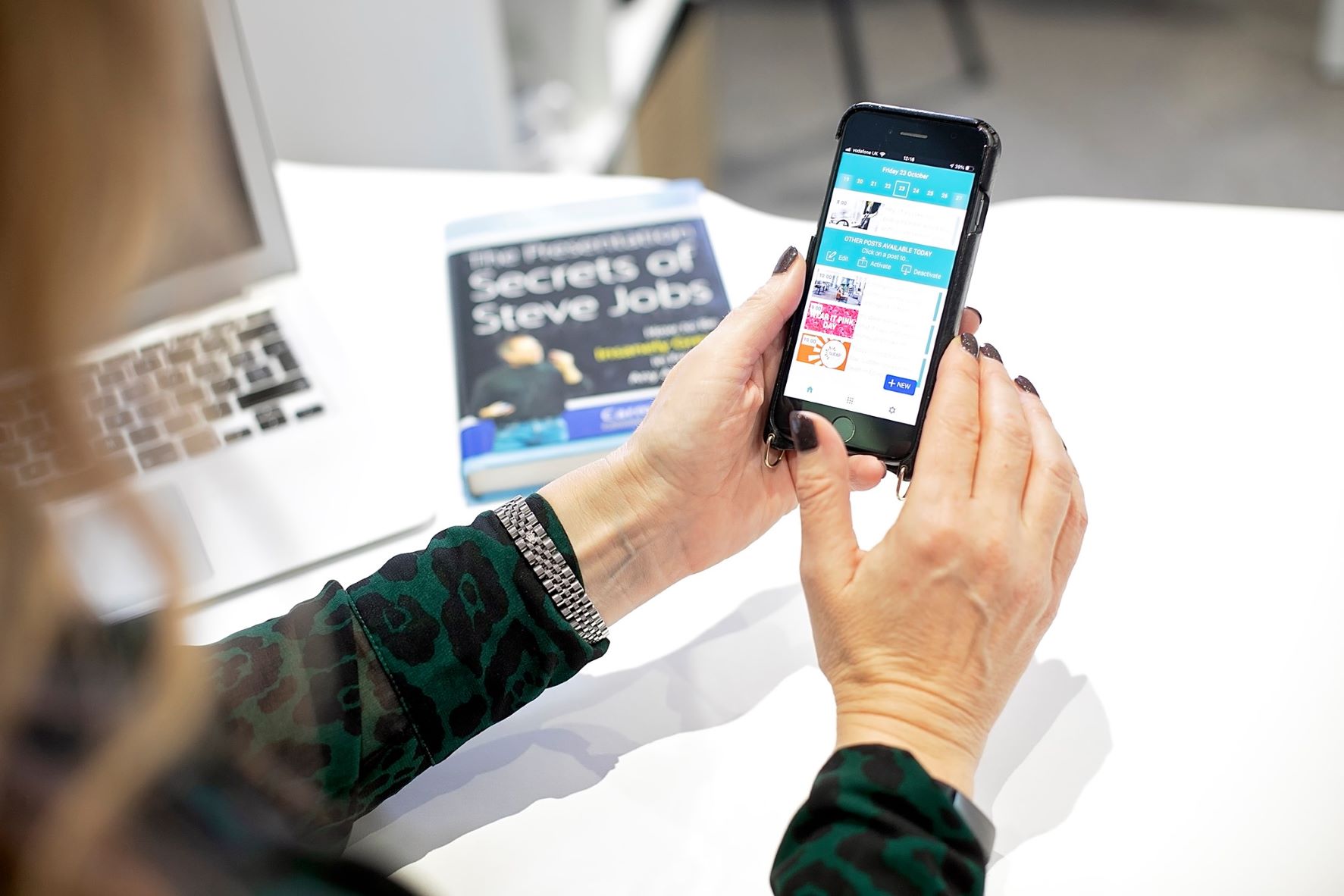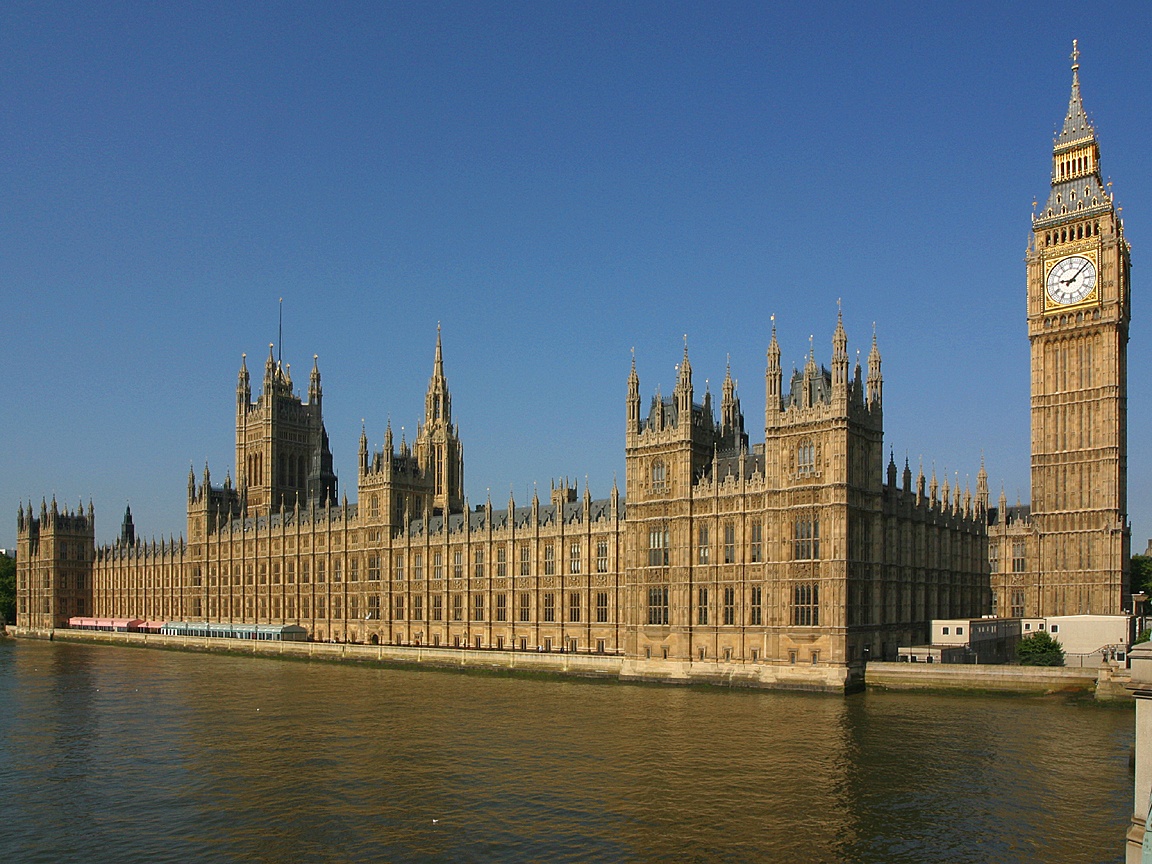Everton in the Community directors Michael Salla and Sue Gregory discuss how they learned from Covid and what things are like moving forward
As we know, the pandemic – and the various lockdowns and restrictions that came with it – has impacted almost every sector, with very few industries making it through the last 18 months completely untouched.
Of course, the charity sector was hit hard. Forced closures of services, cancellations of fundraising events and a decreased amount of disposable income among regular donors made for a perfect storm of a real crisis in our sector.
From the beginning of the first national lockdown in March 2020, our team swung into action to adapt our approach and ensure we were still able to carry out our vital work which so many people rely upon. The health and wellbeing of our local community has always been at the core of what we do, but the onset of the pandemic meant our efforts were more important than ever before.
And, as we move forward into our ‘new normal’, it is essential we take stock of what we have learned during the pandemic and, crucially, what new processes and services will become part of our future as a charity.
A key success for us was the development of Blue Family, an initiative set up to help combat social isolation and provide much-needed support to some of the most vulnerable and at-risk members of the community.
Among the support offered to local people are food parcels, help with utility bills and mental health support, while laptops and other educational resources have also been handed out across the region. We’ve helped more than 31,000 families and individuals as part of the campaign and, now we plan to continue the scheme for as long as local people need it.
Integral to our work is supporting people’s mental health. As we have all seen – and perhaps experienced – the country’s mental health has nosedived during the pandemic, thanks to social isolation, money worries and general uncertainty of what the future holds.
As the fourth most deprived area in the UK, we saw a sharp increase in the number of people needing to access our services, as lockdown exacerbated existing issues and underlying vulnerabilities became more apparent.
So, to help tackle loneliness, we set up our Blue Buddy Project, which was an anonymous befriending service. A team of volunteers also began a virtual Reading Buddy service focussing on young people in schools.
Services such as these have proved successful and have demonstrated the power of digital, meaning they are initiatives that form part of our wider strategy as we move forward.
While face-to-face interaction will, in my opinion, always be preferable, communicating digitally helped us reach far more people and enabled us to offer support to those who may not have felt 100% comfortable accessing our services in-person.
Another key learning for us has been the power of, and the need for, early intervention, with the pandemic bringing pre-existing problems to the surface and reconfirmed how much of a demand there is for the work we do.
We’ve seen how simple changes can hugely improve children’s wellbeing and family interactions – for instance, the addition of a dining table for one local family meant they were better able to communicate with each other and the children had somewhere to do their homework.
As a result, the children’s school reported back that their overall wellbeing and happiness had drastically improved.
As we move forward, we’ll be placing a bigger focus on our work with 0 to 2-year-olds, paving the way for an improved early years’ experience.
While the pandemic has impacted our community, including some of society’s most vulnerable, we are now beginning to see a way out and I’m confident that we can take a huge step forward in how we help those who need us most.
Latest News
-
Tributes paid to 'tenacious campaigner' who co-founded Terrence Higgins Trust
-
Man who set up fake animal charity jailed for five years
-
X-odus sparks video content boom among charities, report finds
-
Charity handed £25m endowment from autistic philanthropist to help others on the spectrum
-
Civil Society Covenant blighted by delays and U-turns, report warns
-
More than 30 jobs at risk as hospice charity looks to close home care service
Charity Times video Q&A: In conversation with Hilda Hayo, CEO of Dementia UK
Charity Times editor, Lauren Weymouth, is joined by Dementia UK CEO, Hilda Hayo to discuss why the charity receives such high workplace satisfaction results, what a positive working culture looks like and the importance of lived experience among staff. The pair talk about challenges facing the charity, the impact felt by the pandemic and how it's striving to overcome obstacles and continue to be a highly impactful organisation for anybody affected by dementia.
Charity Times Awards 2023
Mitigating risk and reducing claims

The cost-of-living crisis is impacting charities in a number of ways, including the risks they take. Endsleigh Insurance’s* senior risk management consultant Scott Crichton joins Charity Times to discuss the ramifications of prioritising certain types of risk over others, the financial implications risk can have if not managed properly, and tips for charities to help manage those risks.
* Coming soon… Howden, the new name for Endsleigh.
* Coming soon… Howden, the new name for Endsleigh.
Better Society

© 2021 Perspective Publishing Privacy & Cookies














Recent Stories